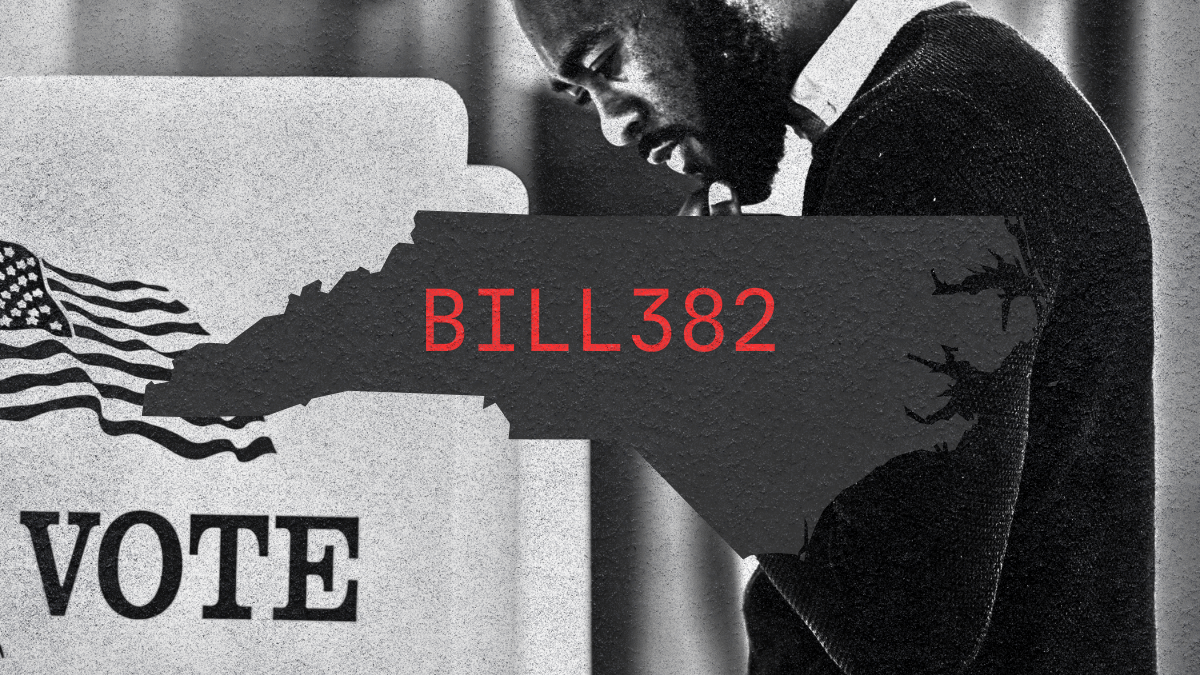Source: The News & Observer
Following a controversial vote by the North Carolina General Assembly, major changes are coming to the way the state runs its elections — and who is in charge of them.
State and local election boards, which have held a slim Democratic majority for eight years, will flip to Republican control this spring after lawmakers passed Senate Bill 382. The move comes after Republicans lost several Council of State races, from the Governor’s Office to the Department of Public Instruction.
SB 382 strips the authority to make election board appointments from incoming Gov. Josh Stein and shifts that power to the state auditor — a position held by Democrats for 16 years until Republican Dave Boliek won the race this year.
Republicans masked the legislation as Helene relief funding, rushing the bill through a short session held in the final weeks of 2024. Roy Cooper vetoed the bill, calling it a “sham.” But the veto was overridden soon after, just days before Republicans lost their supermajority.
Beyond stripping away power from Democrats, SB 382 shortens the time voters have to fix issues with provisional ballots and gives election workers less time to count them.
SB 382 eliminates six days from the cure period, giving voters just three days after an election to fix any potential issues with their ballot. SB 382 also requires that all counties finish counting provisional ballots by 5 p.m. on the third day after an election. That process took nearly two weeks this year.
SB 382 did not provide additional funding for election workers to account for the significant deadline changes. Karen Brinson Bell, the executive director of the State Board of Elections, said the bill “may make it impossible for the county boards of elections to adequately ensure every eligible ballot cast is counted.”
This is a common tactic by North Carolina Republicans, who have tried several times to take control of election boards from Democrats. Last year, lawmakers passed a bill that would have given power over election board appointments to legislative leaders– a law that judges deemed unconstitutional. Republicans put forward similar changes as a constitutional amendment in 2018, but over 61% of voters rejected it.
Stein and Cooper quickly went to court to challenge the elections board overhaul in SB 382. As legal challenges work through the courts, all changes will remain in effect for upcoming elections.





